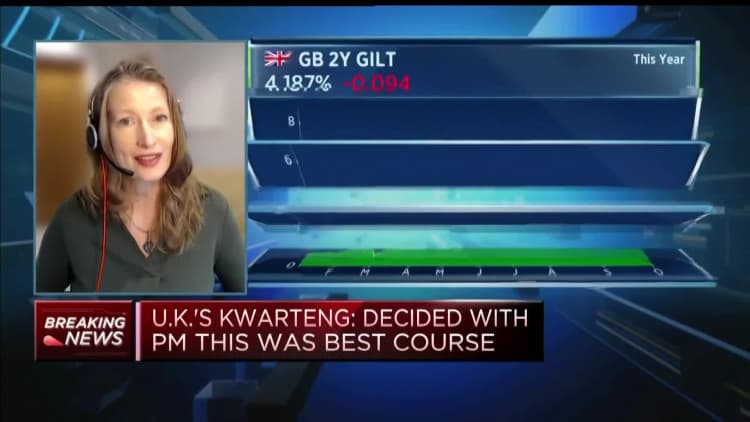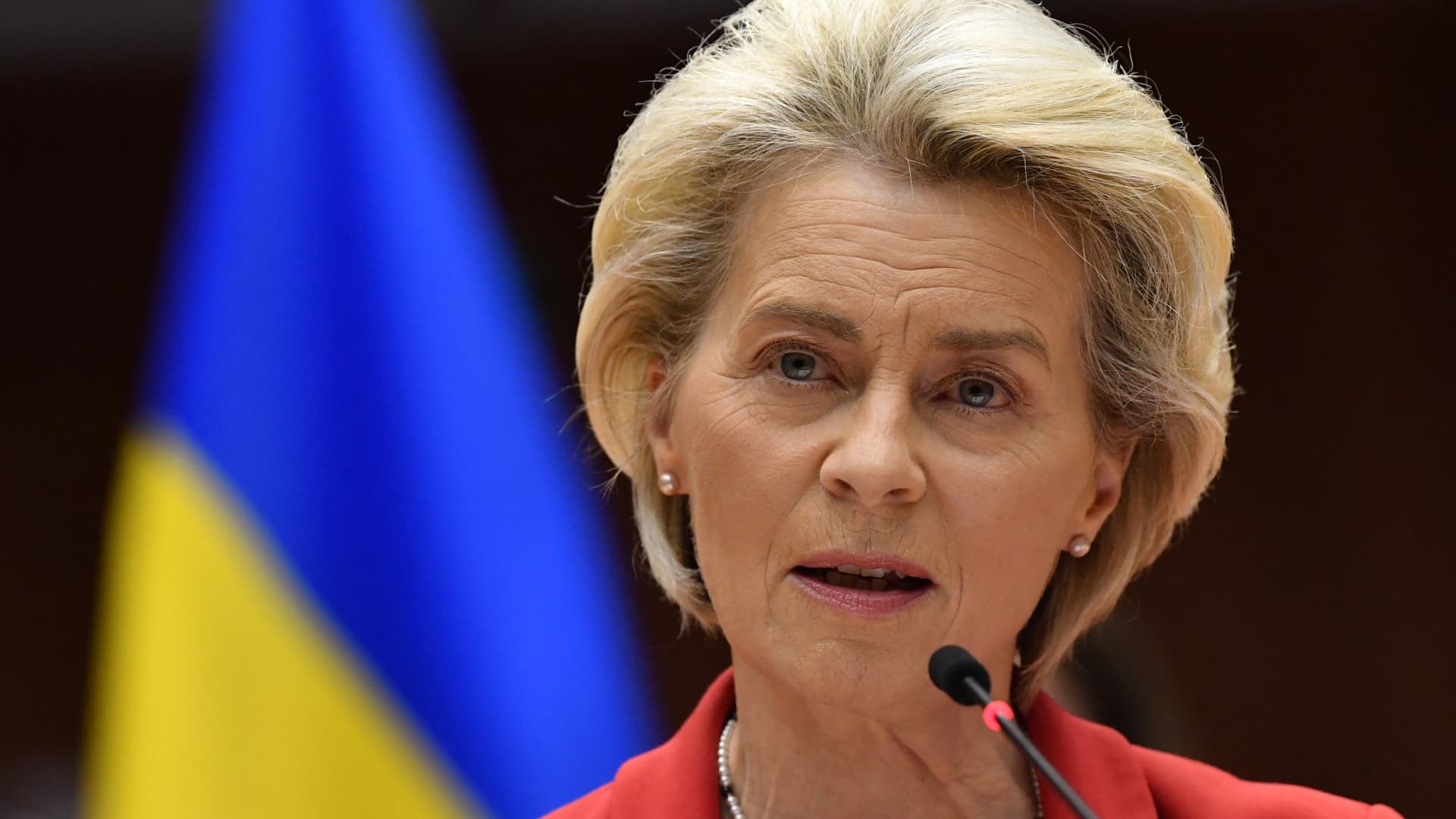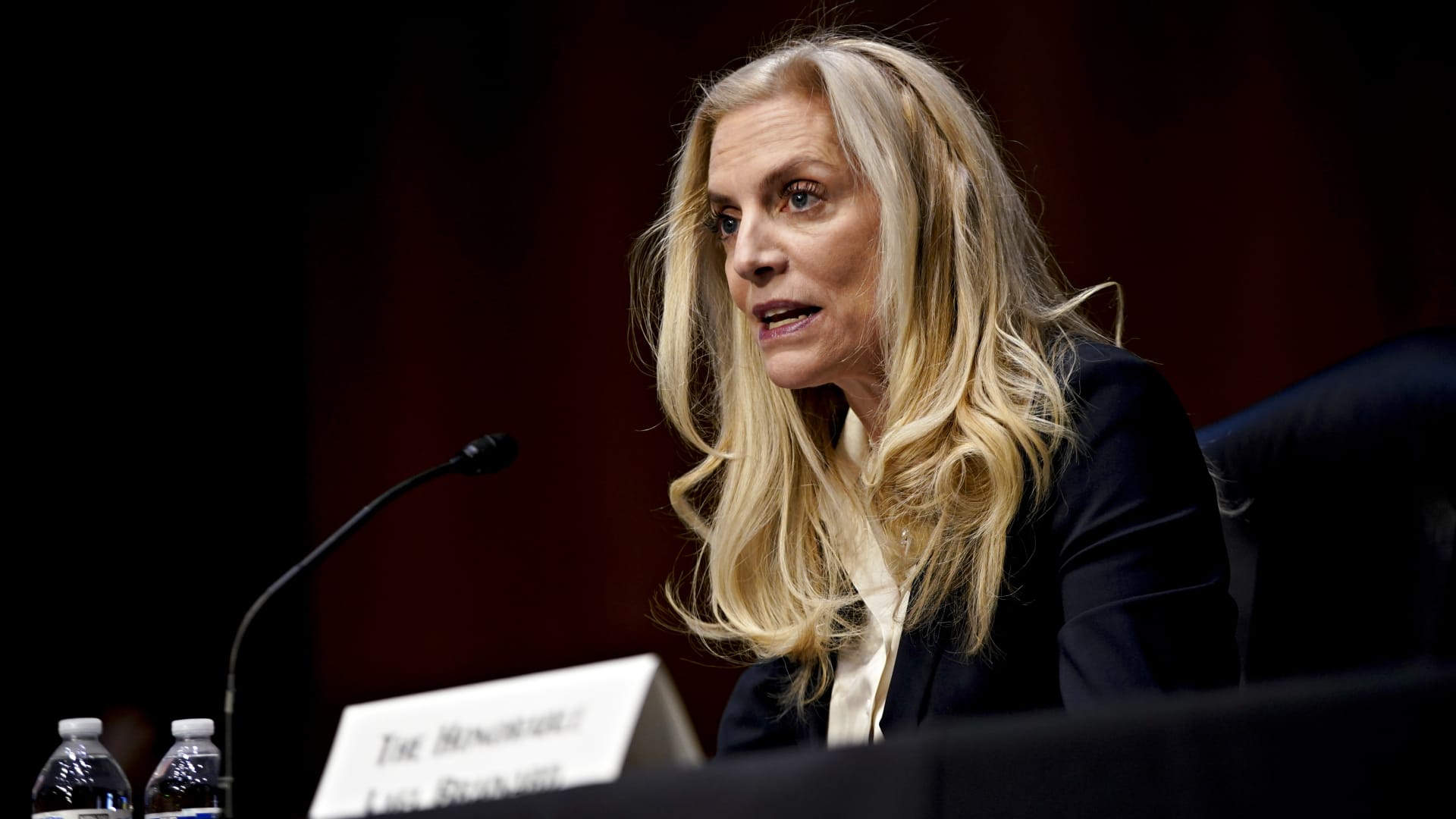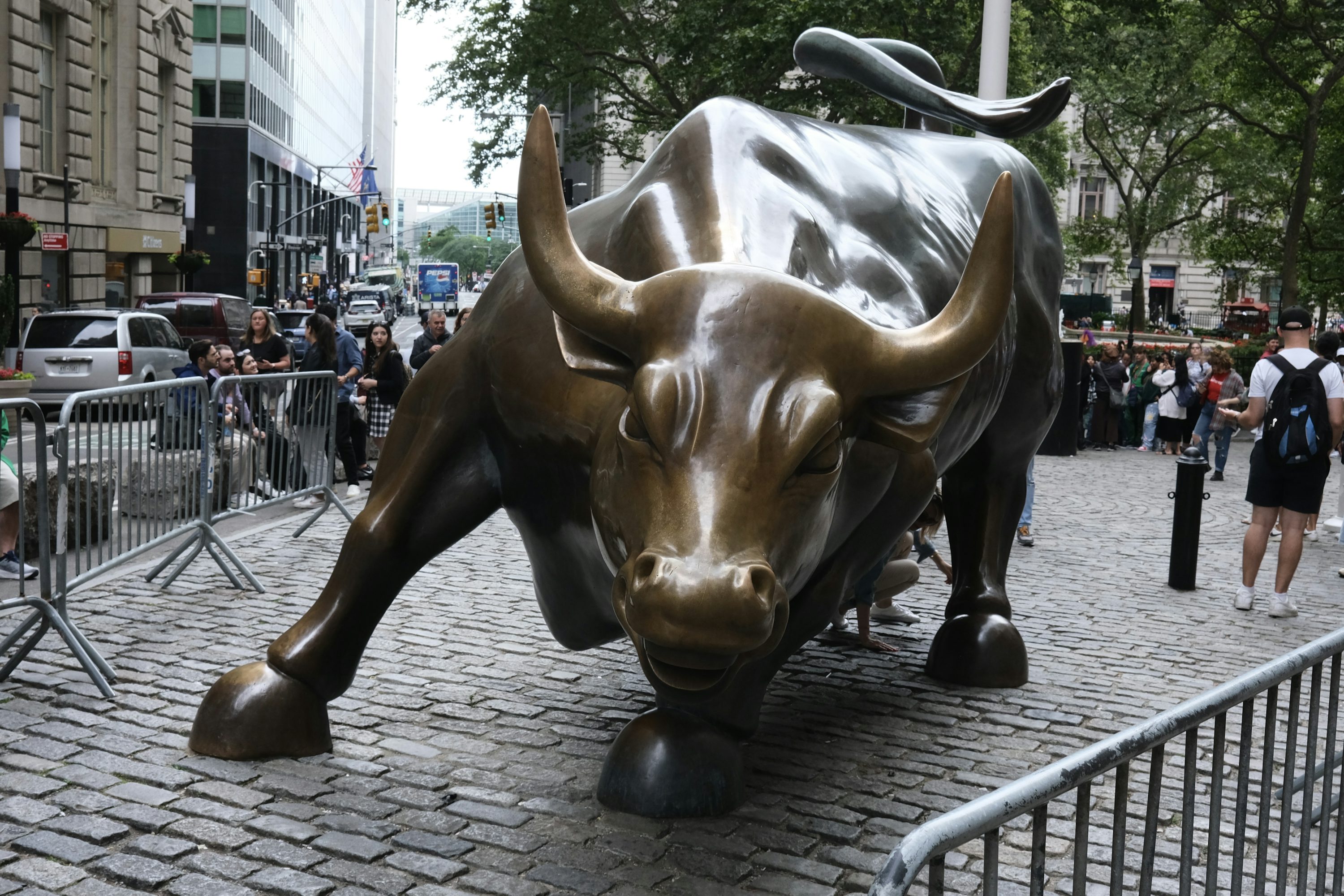Britain's tax cut pivot might not be enough to quell market mayhem
The U.K. government's reversal on scrapping the top rate of income tax is down to political optics and will not reassure market skittishness, analysts told CNBC Monday.


LONDON — The U.K. government's reversal on scrapping the top rate of income tax is down to political optics and will not reassure market skittishness over its economic plan, analysts told CNBC Monday.
The tax cut, which Prime Minister Liz Truss was defending just hours before, would have abolished a 45% rate paid on annual income over £150,000 ($166,770).
Paul Dales, chief U.K. economist at Capital Economics, said it would have a limited impact on revenue.
"Of the £44 billion net loosening in fiscal policy by 2026/27 the Chancellor announced in the mini-budget, the 45p tax cut accounted for just £2 billion. So it is more politics than economics," he said by email.
That was reflected in the statement released by Finance Minister Kwasi Kwarteng, who said in a statement it had become a "distraction from our overriding mission to tackle the challenges facing our economy"; and Conservative Member of Parliament Grant Shapps, who said it "jarred for people in a way which was unsustainable."
The U.K. Treasury had previously confirmed the tax cut would lead to an average £10,000 saving for 660,000 people.
Susannah Streeter, senior investment and markets analyst, Hargreaves Lansdown, agreed.
''The U-turn only accounts for a small part of the equation in terms of the planned tax cuts, and was clearly made to limit further political fall out," she told CNBC, adding that markets are still factoring in a benchmark interest rate rise to at least 5.5% next year.
"It is still likely to mean people on the lowest incomes will pick up the bulk of the cost of the cuts, with the government refusing to rule out that benefits will be hit," she said.
Rate hike expectations on the Bank of England, which next meets Nov. 3, rose sharply after the budget announcement on Sep. 23, with the pound falling in value and the gilt market experiencing a historic sell-off.
"The greatest part of the borrowing that came from the 23 September mini-budget is still unfunded," Jane Foley, senior FX strategist at Rabobank, told CNBC's "Squawk Box Europe."
It includes what is expected to be a package worth more than £100 billion over the next two years to support businesses and households with energy bills.
Despite speculation that the government will be looking at what else it might cut, its decisions may not be easy or popular, Foley said. Meanwhile, the Bank of England's emergency asset-buying program, which has supported markets over the last week, would eventually end.
Kwarteng said Monday at the Conservative Party conference it would be looking to cut £18 billion in public services. He will deliver his main speech Monday afternoon.
Foley said: "If the markets don't believe in the credibility of the government's policy, gilts are still going to be very exposed and so is sterling. So, far from out of the woods, I would say."
Sterling got a slight boost from the government's tax cut pivot and was 0.3% higher against the dollar at $1.12 at 11:40 a.m. London time Monday. Gilt yields were lower, with the 10-year yield falling 2 basis points to 4.068%; still a level it was last at during the 2008 financial crisis.
Capital Economics' Dales added: "This is one in a number of ways that the government is rowing back on its mini-budget. There has been lots of talk that government spending will be cut, perhaps significantly to balance the books."
"That suggests fiscal policy might not be as expansive as we all thought, although the legacy of the mini-budget still appears to be higher interest rates."

 Konoly
Konoly 
































